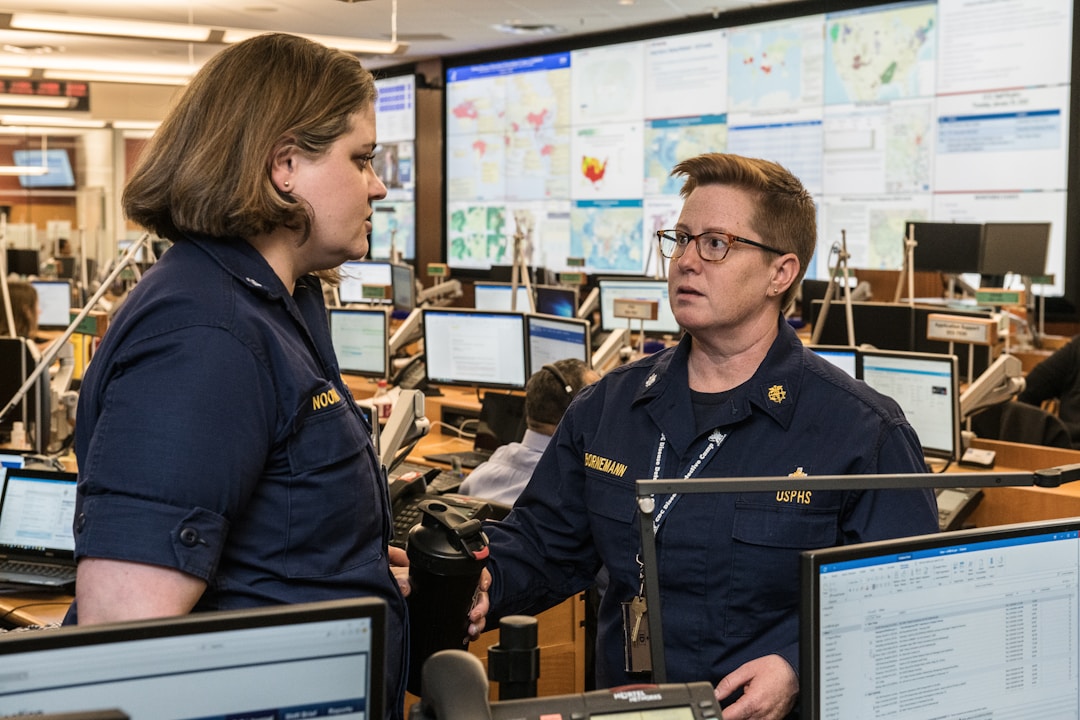When you’re an executive leader, you are responsible for making significant decisions that directly impact other people. You are looked up to for guidance and support. People trust your experience and education to make the right decisions and lead with integrity. The expectations of an executive leader can be intense, and you must be prepared for that pressure and sense of obligation you may feel. There are certain things you simply need to know in order to be a successful and effective executive leader. Here are three of them.
1. When to ask for help.

As an executive leader, you may feel pressure to have all of the answers. However, a great leader knows when to ask for help. They surround themselves with people who are experts in their respective fields. Leaders aren’t afraid of admitting when they don’t know something, and they are constantly learning. The willingness and eagerness to continually learn is critical attribute of a great leader. They have the confidence in themselves and their abilities to be open and honest with others about their abilities. This also allows them to lead by example. Asking for help when needed will also show your employees that you are human just like they are, improving the relationship between employees and administration.
2. How to make an educated decision.

Making good decisions is about more than educated guesses. It is about taking the information you have available to you and discerning what it means for your organization’s future. You can utilize a free SWOT analysis template to examine the strengths, weaknesses, opportunities, and threats. A SWOT analysis, when done thoroughly, will highlight all of the factors that may impact a business decision. It allows executive leaders to examine all of the pros and cons before making a decision that will significantly impact the company and the people who work for the company.
When in a leadership position, you are responsible for every person who works below you, so it is critical to always keep the bigger picture in mind when making decisions. The riskier the decision, the more time should be spent looking at all of the options and weighing the advantages and disadvantages of the decision. A SWOT analysis will also make it easier to examine all possible outcomes.
3. How to lead others.

There is a stark difference between those who manage and those who lead. Managing people is taking an authoritative stance and telling people what to do without including them in the process. Leading is guiding people to learn new skills, demonstrate leadership behaviors, and adopt the mindset of a senior executive. One way to learn these skills is by utilizing executive leadership coaching. A leadership coach will teach you best practices for leadership, elements of emotional intelligence, and a leadership style that will work best for you. Using a coach will also give you someone to use as a soundboard when doubting yourself or your decision-making. While your coach isn’t going to tell you when you are making the right decisions, they can lead you to the conclusion you need.
As an executive leader, you carry a lot of responsibility. While you need to know when to ask for help, make educated decisions, and lead others, you also need to know how to take care of yourself. Too often, people think leaders need to work non-stop to keep up with everything. However, running yourself ragged will lead to burnout, unneeded stress, and the physical and mental problems that come with ongoing high levels of stress. It is not healthy, so you also need to learn self-care.






